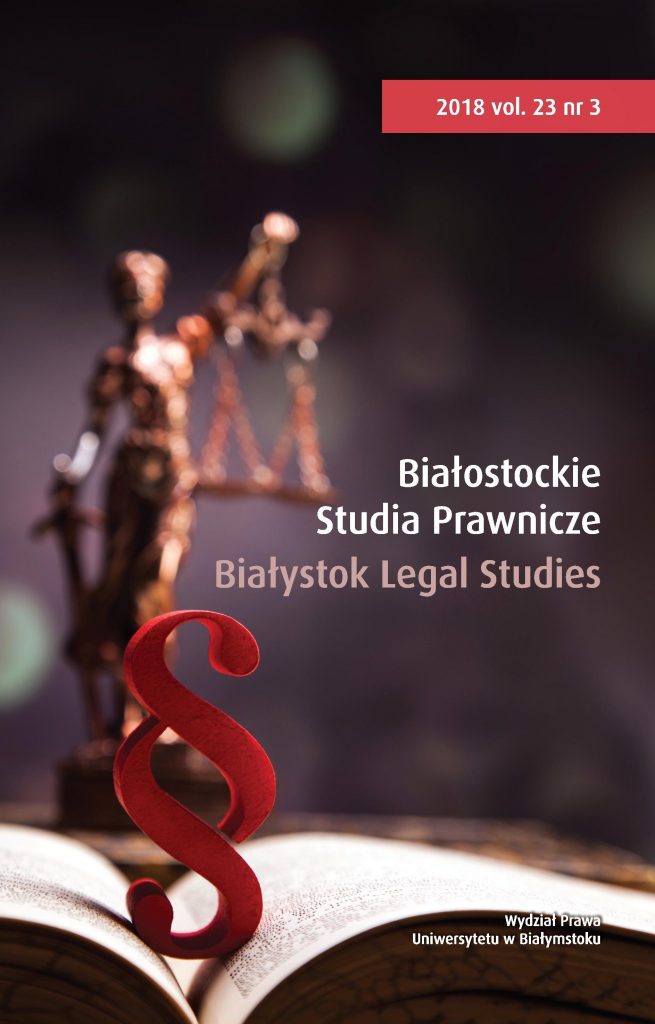A Socratic Contribution to Culture of Lawfulness for Teaching Criminology
Abstrakt
Th is article presents and discusses the thesis that the Socratic method for teaching Criminology advances students’ capacity for self-refl ection and enables progressive transformative criminal justice outcomes. In contemporary pedagogics the Socratic method is one of many interactive ways of acquiring legal knowledge. Th e method’s outstanding feature involves global and systemic understanding of human attitudes and values, including the most current and comprehensive 2030 United Nations Sustainable Development Goals Agenda “Transforming our world”2, in essence a new global ethical code underway with a spearheading concept of a global Culture of Lawfulness. Against the background of the pros and cons of this method this article presents the objectives, essentials, and results of the Socratic method for teaching Criminology at the Faculty of Law of the University of Białystok (Białystok, Poland, 2016-2018). It assesses, discusses and draws conclusions from these results in the context central to criminology Sustainable Development Goal 16 of the Agenda: “Promote peaceful and inclusive societies for sustainable development, provide access to justice for all and build eff ective, accountable and inclusive institutions at all levels”.Bibliografia
Holland K. M., Socrates – Th e First Criminal Justice Educator, “Criminal Justice Review” 1980, vol. 5, no. 1.
Kreeft P., Socratic Logic, Saint Augustine’s Press, South Bend, IN 2014.
Kupisiewicz C., Podstawy dydaktyki [Th e Basis of Didactics], Warszawa 2005.
Lam F., Th e Socratic Method as an Approach to Learning and its Benefi ts, M.A. thesis, Carnegie Mellon University, USA, 2011.
Legutko R., Sokrates. Filozofi a męża sprawiedliwego [Philosophy of a Just Man], Pilotowy, Poznań 2013.
Leszczyńska-Jasion D., Urbański M.,Wiśniewski A., Socratic trees, “Studia Logica” 2013, no. 101.
Miller H. L., Creative Learning and Teaching, Scribner Inc. New York 1927.
Ngwenyama O., Logical foundations of social science research, (in:) K-M.Osei-Bryson, O. Ngwenyama (eds.), Advances in Research Methods for Information Systems Research: Data Mining, Data Envelopment Analysis, Value Focused Th inking, Springer Berlin-Dodrecht-Heidelberg- New York 2014.
Pływaczewski E. W. (ed.), Bezpieczeństwo obywateli – prawa człowieka – zrównoważony rozwój. Polskie kierunki interdyscyplinarnych badań kryminologicznych nad bezpieczeństwem obywateli oraz w zakresie przeciwdziałania wykluczeniu społecznemu, [Security of Citizens- Human Rights-Sustainable Development. Polish Directions of Interdisciplinary Criminological Research on the Security of Citizens and on Countering Social Exclusion], Białystok 2017.
Pływaczewski E. W., Kraśnicka I., Legal Education in Transition: Is the Bologna Process Responding to Europe’s Place in the World?, (in:) Kury H., Redo S., Shea E. (eds.), Women and Children as Victims and Off enders: Background, Prevention, Reintegration, Springer International Publishing, Switzerland 2016.
Poh M-Z., Swenson N. C. Picard R. W., A Wearable Sensor for unobtrusive, long-term assessment of electrodermal activity, “IEEE Transactions on Biomedical Engineering” 2010, vol. 57, no. 5.
Redo S., Th e transformative power of the United Nations post-2015 Sustainable development goals and crime prevention education for a new culture of lawfulness, (in:) Winterdyk J., Crime Prevention. International Perspectives, Issues, and Trends, CRC Press. Taylor & Francis Group, Boca Raton-London-New York 2017.
Ryan E., Xin S., Yuan Y., You R., Li H., When Socrates meets Confucius: Teaching, creative and critical thinking across cultures trough multilevel Socratic method, “Nebraska Law Review” 2013, no 2.
Schaefer Morabito M., Bennett R. R., Socrates in the modern classroom: How are large classes in Criminal Justice being taught, “Criminal Justice Education” 2006, vol. 17, no. 1.
Zarzecki L., Wybrane problemy dydaktyki ogólnej [Selcted Problems of General Didactics], Jelenia Góra 2008.



